Events and Meetings
Also see...
BCRA organises occasional field meetings and seminars as well as an annual Cave
Science symposium. Some of our field meetings are organised by our Special interest Groups,
whilst others are aimed at a more general audience. They are all friendly events at which
academics, students and interested amateur cave scientists attend and give presentations. The
annual Cave Science Symposium is usually followed by a one-day field meeting in the local area.
This page is just a summary of some of our forthcoming events. Our planned events
are also listed on our Google
Calendar . More detailed information is posted to our News Forum
. More detailed information is posted to our News Forum and to our
Facebook
and to our
Facebook page.
page.
Click/Tap a link or scroll on down.
Events in 2026
#1 — Sun 22 Mar 2026 ▼
Cave Science Project Workshop
With: Jo White, organiser
Time: Sun 22-Mar 2026, 09:30 - 15:00
Location: Pooles Caven
Special requirements (e.g. clothing, equipment): Helmet, light, clean oversuit, clean walking boots, warm clothes.
Sign up at Google forms
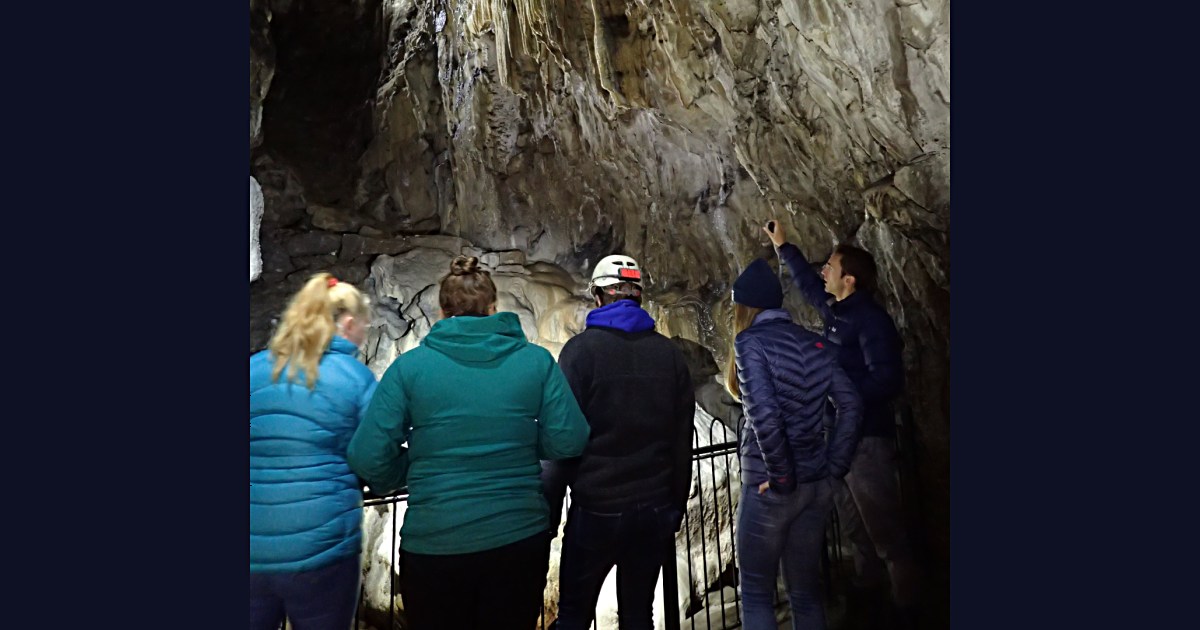
Are you interested in undertaking a science project in a cave? Do you want to learn more about cave science projects? Do you have a project
in mind and want to work towards making it happen?
Come along to BCRA's workshop on Cave Science Projects on Sunday 22 March. This will be
held at the British Cave Science Centre at Poole's Cavern in Buxton, starting at 09:30 and finishing at 15:00.
Most of the underground time
will be on the showcave path so a helmet and light will be required as well as warm clothing, and clean walking boots or
wellies. However, there may be opportunities to visit areas off the paths and a clean oversuit will be needed for those.
There
will be some refreshment breaks, and there is a café on site where food and drink can be purchased, or you are welcome to bring your
own. Toilets are also available.
There is plenty of parking at Poole's, but it is pay and display. For anyone wishing to arrive by public
transport there is a train station in Buxton, which is about a 30 minute walk away.
BCRA is covering the cost of the event, other than
car-parking and food and drink purchased at the café. For maximum benefit to attendees we are limiting the numbers to twelve, so
please sign up quickly and note that priority will be given to BCRA Members!
To sign up please use our Google form and
someone will be in touch to confirm your place.
#2 — Mon 23 Mar 2026 ▲ ▼
Stump Cross Caverns field trip
With: Phillip Murphy, organiser
Time: Mon 23-Mar 2026, 10am - 5pm
Location: Stump Cross Caverns
Special requirements (e.g. clothing, equipment): BCA members only, walking boots, warm/waterproof clothing advised.
Contact email: phillip.murphy@...
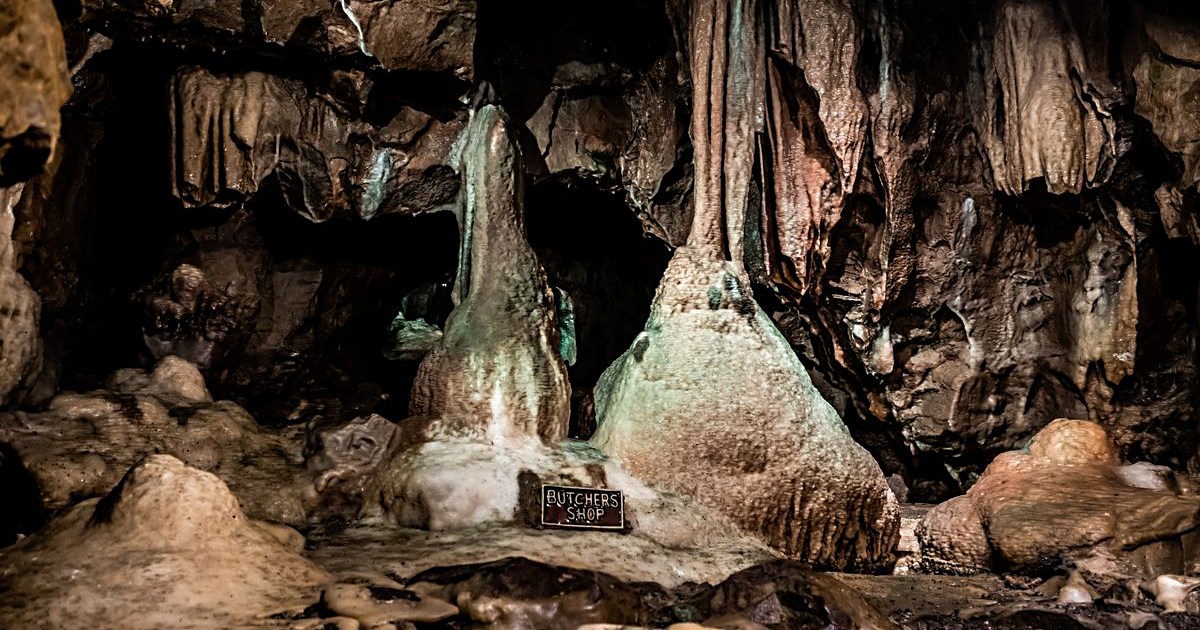
Photo: courtesy of Stump Cross Caverns
A day out exploring the geology and hydrology of the Stump Cross Caverns local area and showcave.
This will be a surface walk visiting the
sinks, resurgences and some caver digs in the area (both active and past digs), followed by a chance to explore the show cave at your own
pace. You will get the opportunity to place in context the extensive paleo-environmental studies undertaken at the site and to consider the
recently-proposed hypothesis that there is a hypogene element to the development of the cave. There will also be an opportunity to discuss
the ongoing work to extend the show cave, with those responsible for the works.
Please bring your own lunch, walking boots and appropriate
outdoor gear. The event will cost £10 (paid in cash on the day) and is only open to those with a valid BCA membership.
If you are
interested in attending, then please email Phil giving your contact details and BCA membership number.
No under-18s are allowed at a BCRA
event unless they are accompanied by a responsible parent or guardian and supervised at all times.
#3 — Sat 25 Apr 2026 ▲ ▼
CREG Field Meeting
With: Mike Bedford, organiser
Time: Sat 25-Apr 2026, weekend event
Location: Derbyshire
Special requirements (e.g. clothing, equipment): TBA
Contact email: bedfordMD@...
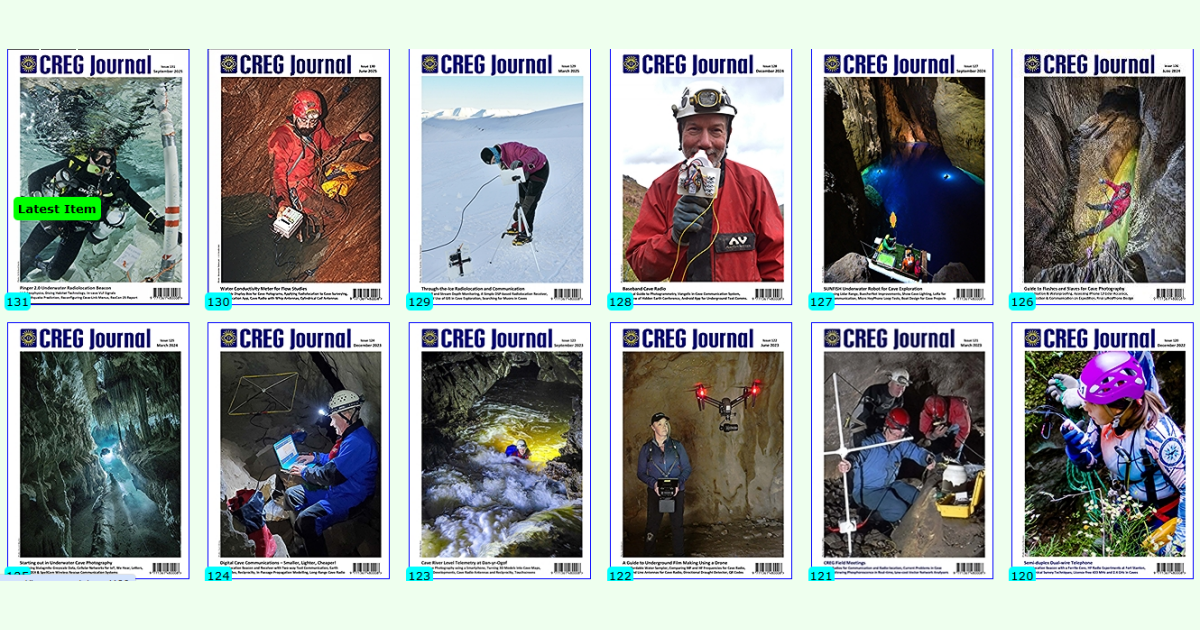
This meeting will be in Derbyshire; the venue still to be decided. CREG field meetings allow you to demonstrate your latest technological
creation to like-minded cavers, to perform your own experiments, and to watch others demonstrate their gear. Sometimes these meetings
include a programme of talks. Please let us know of any demonstrations or experiments that you hope to conduct, or if you'd like to give a
presentation.
#4 — Sat 26 Sep 2026 ▲ ▼
Hidden Earth 2026
Time: Sat 26-Sep 2026, weekend event
Location: Llangollen Pavilion, North Wales
See Hidden Earth
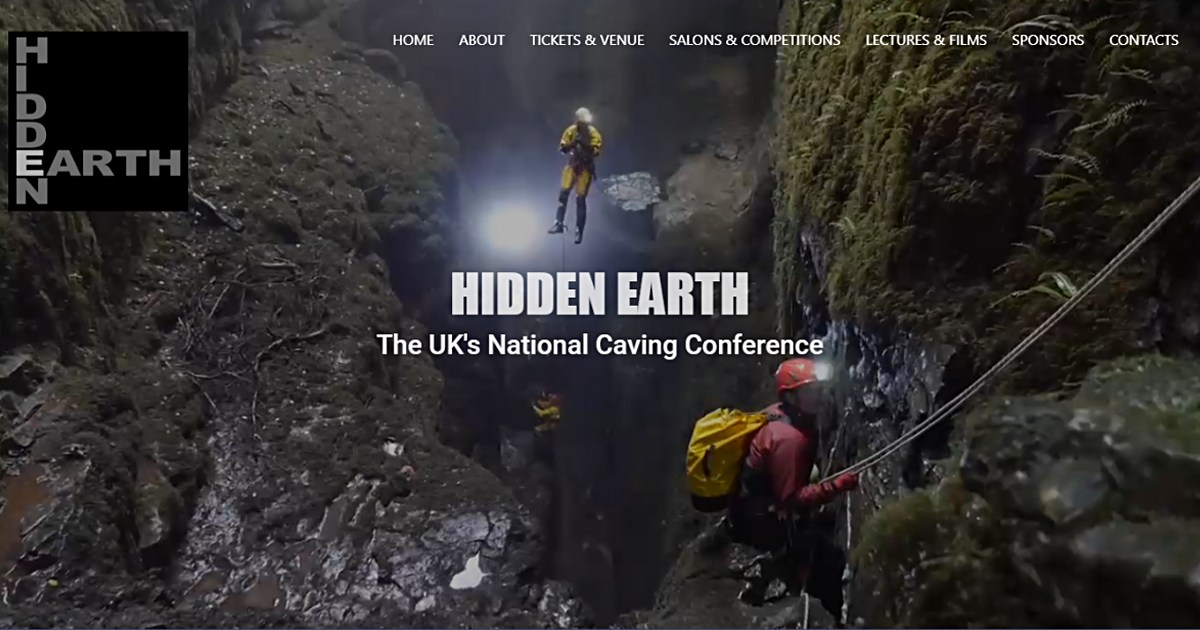
#5 — in Oct 2026 (to be announced) ▲ ▼
Science symposium and AGM, 2026
With: Organiser to be announced
Time: To be announced
Location: to be announced
See our Symposium page
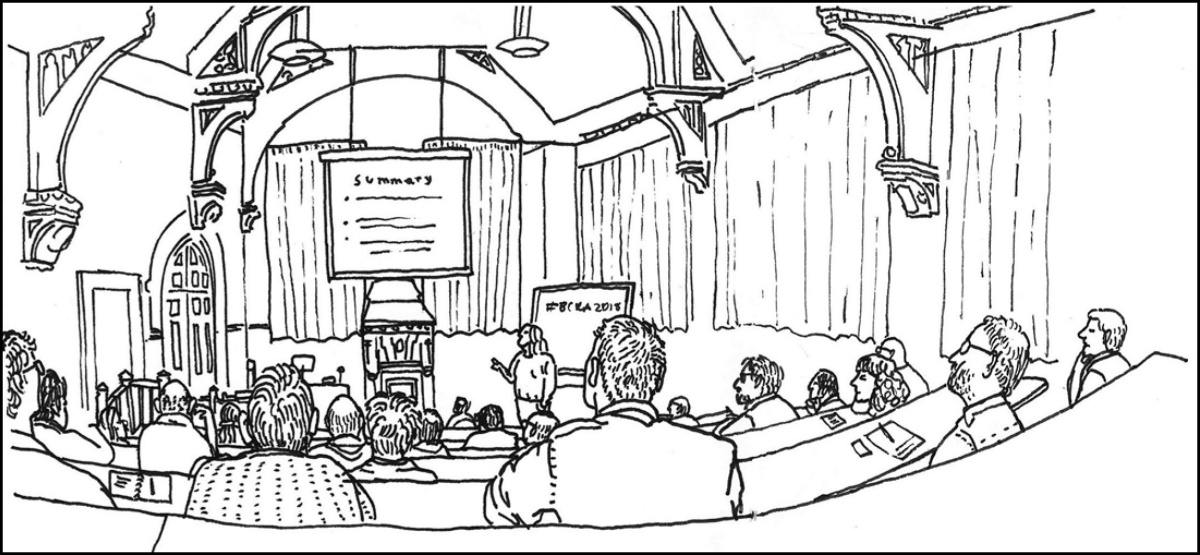
Illustration (2018 science symposium) by Dominika Wroblewska
#6 — in Oct 2026 (to be announced) ▲
Science symposium Field Trips, 2026
With: Organiser to be announced
Time: To be announced
Location: to be announced
Special requirements (e.g. clothing, equipment): TBA
See our Symposium page
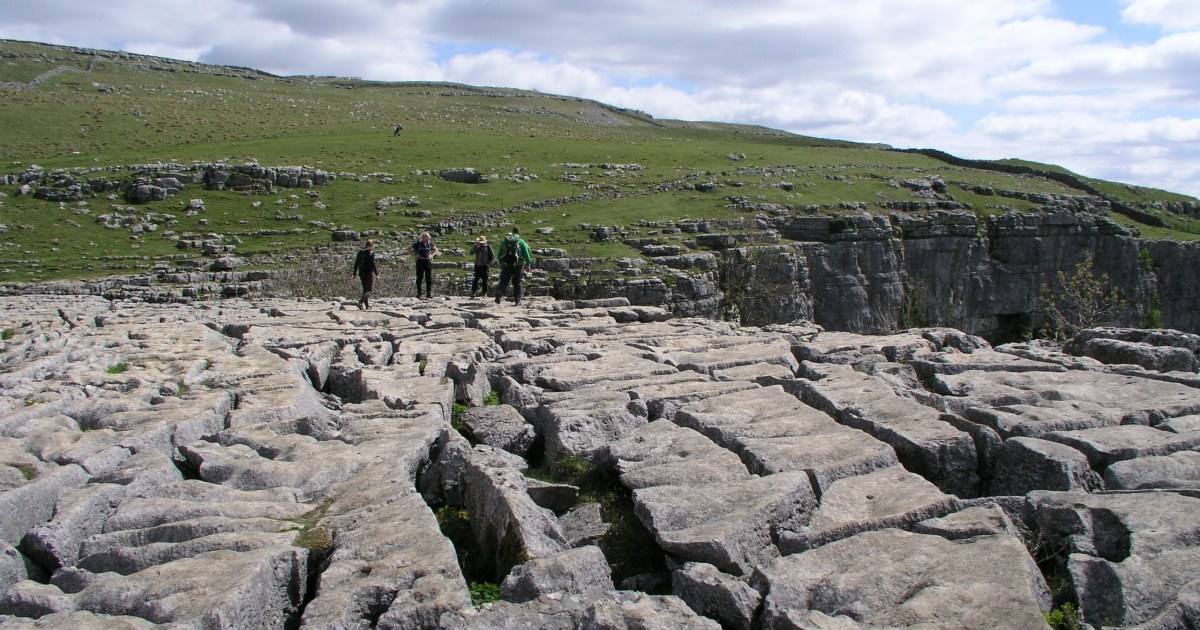
Limestone pavement above Malham Cove (2016 BCRA field meeting)
Photo: Laik Parhoe
Notes for staff
- Unlike the Seminars page, these publicity images do not have a shortcut URL
- If you quote the URL of this page in a Facebook posting, Facebook should 'scrape' the
correct image for the current/next talk, as configured in the JS variable $talk_for_OGI in
meeting_data.js. You can force the scrape by specifying talk=NNN, or talk=sym
in the query string.
- Also see Field Meetings Guidelines
- Check the meetings data






